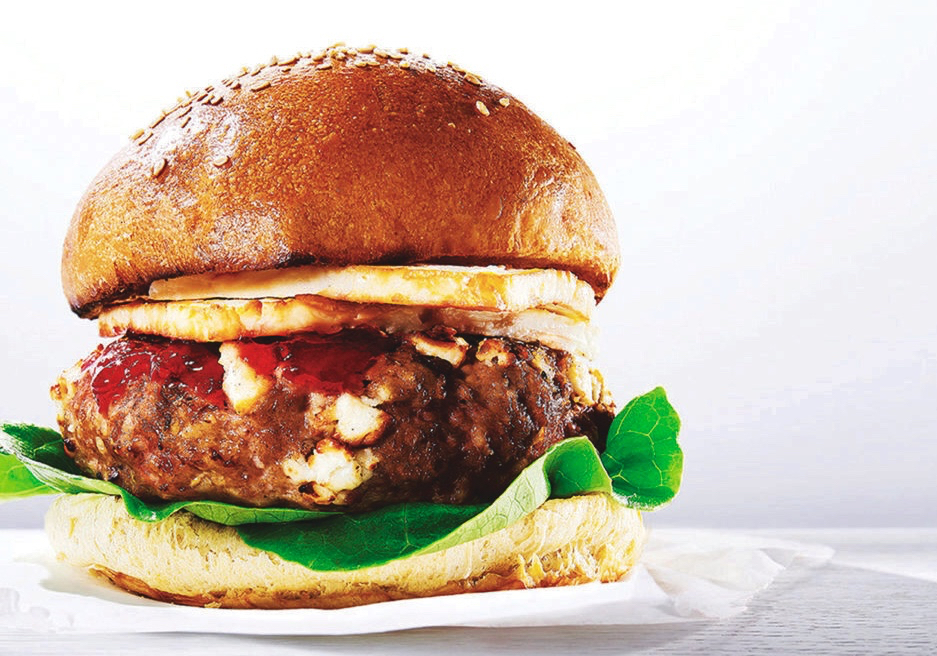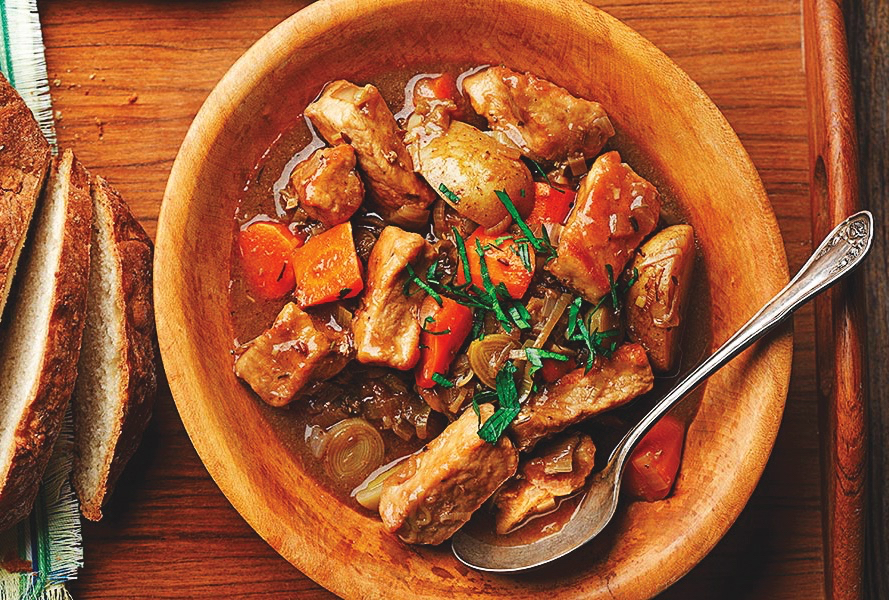From a safety and health perspective, extreme cold can be deadly if you were to become stranded after a vehicle stalls. The best thing we can do is be prepared with water, food and other supplies in the event of vehicle problems.
Nutritionally, we can survive without food for days, but staying hydrated is a concern. Keep at least a gallon of water in the passenger compartment of the vehicle so it doesn’t freeze in the event of an emergency. Experts advise allowing a gallon of water per person for every three days of planned travel.
Read Also

Cooking fish of Manitoba: Keep your catch fresh and tasty for the table
Fishing in Manitoba provides mouthwatering meals, assuming anglers handle, process and cook their fish properly before sitting down to eat. Here’s how, with recipes and fish preparation tips.
Pack high-energy foods such as snack mixtures that include nuts, dried fruit and chocolate. Canned goods can be kept in the vehicle as an emergency food supply, but be sure to have a can opener available.
Avoid eating snow because it can lower body temperature in already cold conditions. You can melt snow in a can in a pinch for a water supply, but only if you have no other liquids available. Snow can contain various chemicals and bacteria, so it’s a last resort.
Maintain your body temperature. Run the car’s engine and heater about 10 minutes each hour, but be sure the exhaust pipe is clear of snow to prevent carbon monoxide poisoning.
If you are with a companion, take turns sleeping and huddle closely for warmth. Wear a hat or hood and wrap up in a blanket or sleeping bag. If you are in a situation where no blankets are available, use newspapers, maps or car mats. Do some light exercises in the car to aid circulation and stay warmer.
– Julie Garden-Robinson, PhD, L. R. D., is a North Dakota State University Extension Service food and nutrition specialist and associate professor in the department of health, nutrition and exercise sciences.


















